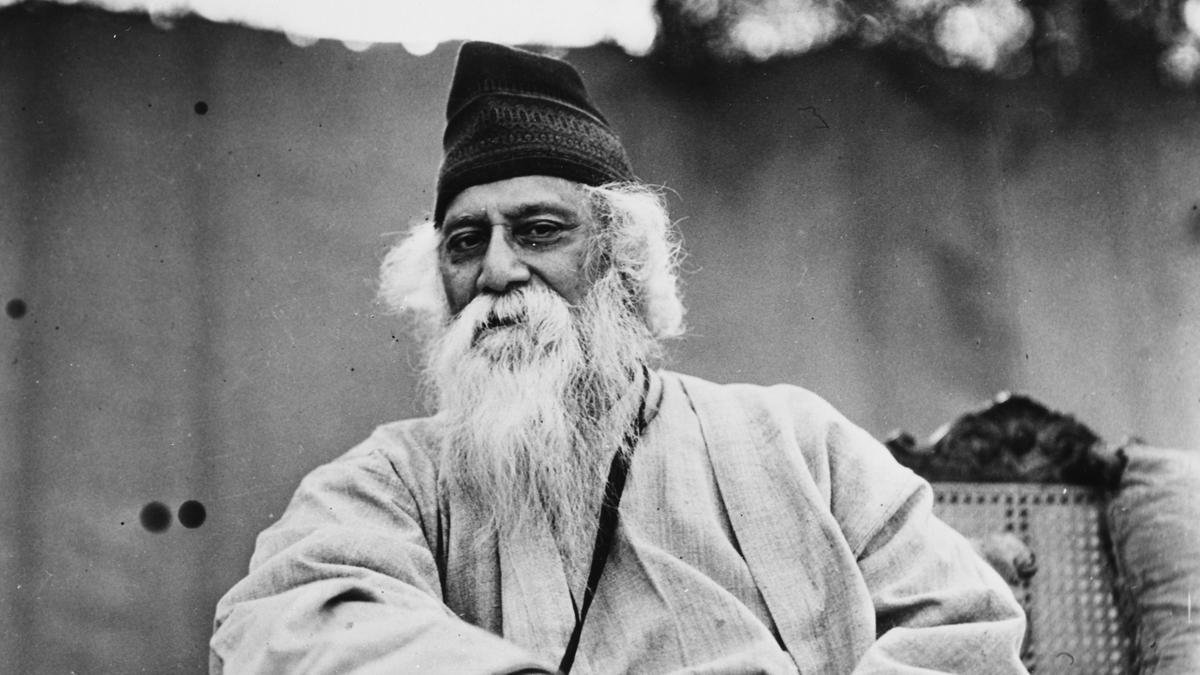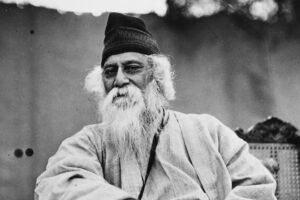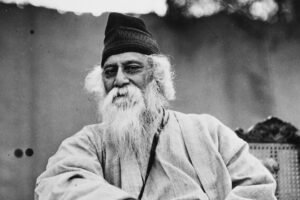‘AI is going to put knowledge at everyone’s fingertips’: Microsoft AI’s Mustafa Suleyman

During a Microsoft event in Bengaluru, Mustafa Suleyman, a British entrepreneur specializing in Artificial Intelligence, highlighted that AI is poised to democratize knowledge similar to how the internet revolutionized access to information. Suleyman emphasized the potential of AI as a versatile technology to boost productivity in India and discussed its myriad applications during the session on building AI companions for the Indian market.
Suleyman emphasized that artificial intelligence (AI) will revolutionize personalized learning by absorbing and adapting knowledge to individual learning preferences. He highlighted the application of this technology in both professional and personal settings. To illustrate, he mentioned Microsoft 365 Copilot as an exemplary tool that effectively analyzes work-related data. According to him, the Copilot showcases exceptional reasoning abilities by referencing various sources such as emails, calendars, Excel sheets, documents, HR records, and supply chain information to provide comprehensive answers to user inquiries. This was articulated during a conversation with S Krishnan, the secretary of the Ministry of Electronics and Information Technology, Government of India.
The Microsoft executive highlighted the significant value brought to the workplace by the reduced barriers to accessing knowledge. He emphasized that for numerous knowledge workers, the essence lies in obtaining actionable information, which is poised to yield substantial economic advantages across various industries.
Krishnan highlighted during the cozy conversation that being culturally specific and adjusting to social contexts in various regions is crucial for achieving impact.
Suleyman expressed his pride in Microsoft’s efforts to tap into India’s rapid growth as one of the fastest-growing markets. He highlighted the strong team in Hyderabad as a key asset for the company on a global scale. Emphasizing the diverse skill set within the team, Suleyman mentioned the involvement of not just talented engineers and developers, but also social scientists, psychologists, therapists, scriptwriters, and comedians. He stressed the importance of incorporating a variety of perspectives to enhance the design process and involve a wider range of individuals in the operation.
Krishnan endorsed Prime Minister Narendra Modi’s goal of democratizing AI usage in India, highlighting the government’s interest in incorporating diverse Indian languages, with a mention of Bhashini, an AI-driven language translation system launched by the Indian government. Suleyman emphasized the significance of leveraging voice technology to enhance accessibility and availability of tools amidst India’s diversity, advocating for government investments in language and translation advancements.
Suleyman expressed his views on enhancing innovation by sharing more government data, foreseeing a future where pre-trained models will be widely commoditized, accessible through APIs, and even open source in certain instances.
The amount of data necessary for fine-tuning a model for a particular use case after training is surprisingly minimal. Merely a few hundred thousand instances illustrating the desired behavior are sufficient for guiding the model during this stage. It is crucial to expose the model to a diverse array of examples showcasing various expertise areas and linguistic nuances, as well as data from different knowledge bases and corpora,” he emphasized, highlighting the critical role of data abundance in AI model training.
Suleyman, upon contemplating his path, remarked that upon reflection, they had made a correct decision. The Microsoft executive expressed gratitude for fortuitously commencing the company at an opportune moment. “It was in 2010 that we found ourselves on the cusp of the deep learning revolution. Had we lagged behind or charged ahead a few years, we would have overlooked the initial surge of deep learning’s practicality and utility,” he remarked, underscoring the critical importance of timing.













